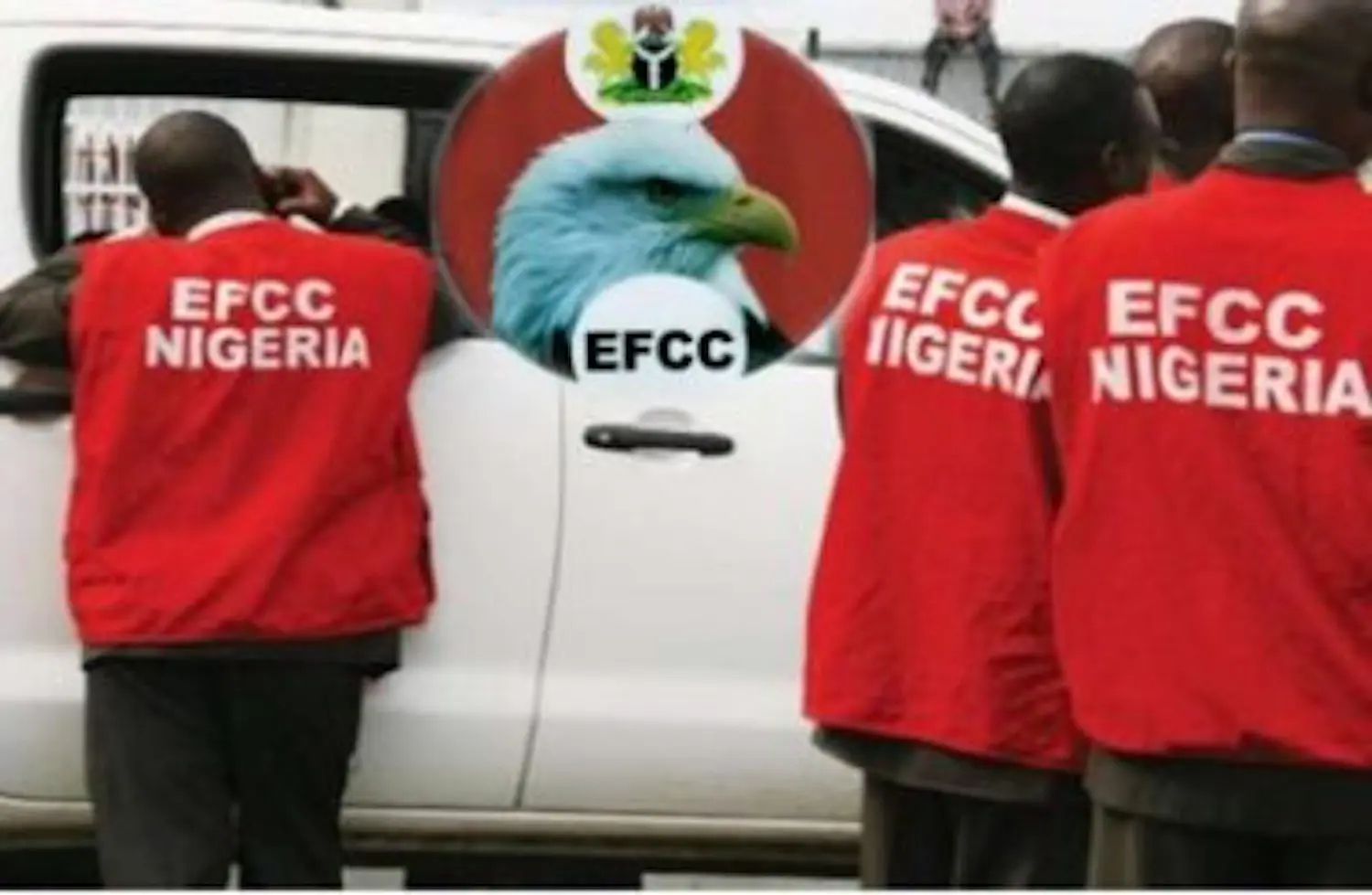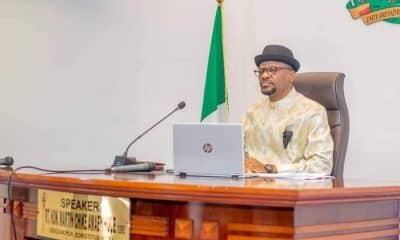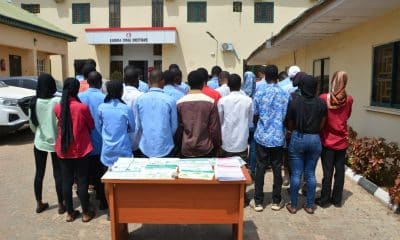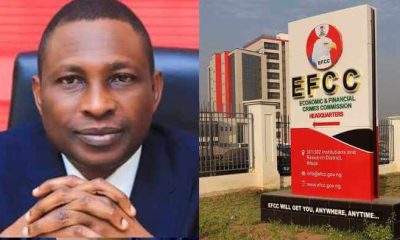Nigeria News
Forex Crisis: Court Permits EFCC To Freeze 1,146 Individuals, Coys Accounts

A Federal High Court in Abuja has authorized the Economic and Financial Crimes Commission (EFCC) to freeze 1,146 bank accounts linked to unauthorized foreign exchange dealings, money laundering, and terrorism financing.
Naija News reports that Justice Emeka Nwite approved the interim measure following an ex-parte motion presented by EFCC’s counsel, Ekele Iheanacho.
This legal action aims to halt operations in the accounts held by various individuals and companies suspected of manipulating the financial system, including leveraging cryptocurrency platforms for illicit gains.
“An order of this honourable court is hereby made freezing the bank accounts stated in the schedule… owned by various individuals currently under investigation,” Justice Nwite in his ruling said.
The judge emphasized that the freeze would be in effect for 90 days to aid the commission’s ongoing investigations.
According to reports, the accounts affected are allegedly involved in activities destabilising the Nigerian naira’s value through illegal and undisclosed foreign exchanges and crypto transactions.
These practices breach financial regulations and pose a risk to the country’s broader economic stability.
Justice Nwite has scheduled the next hearing for July 23, where further developments are expected.
Meanwhile, the identities of some account holders have been disclosed, with entities ranging from individual traders to corporate firms like Clyp Trading Ltd and Korex Payments Ltd. This highlights the extensive network of suspected financial malfeasance.
This court order is part of a broader EFCC initiative targeting financial crimes associated with cryptocurrency platforms. Earlier this year, Justice Nwite directed Binance Holdings Limited to provide comprehensive data on Nigerian traders, unravelling extensive market manipulations that reportedly contributed to the devaluation of the naira.












